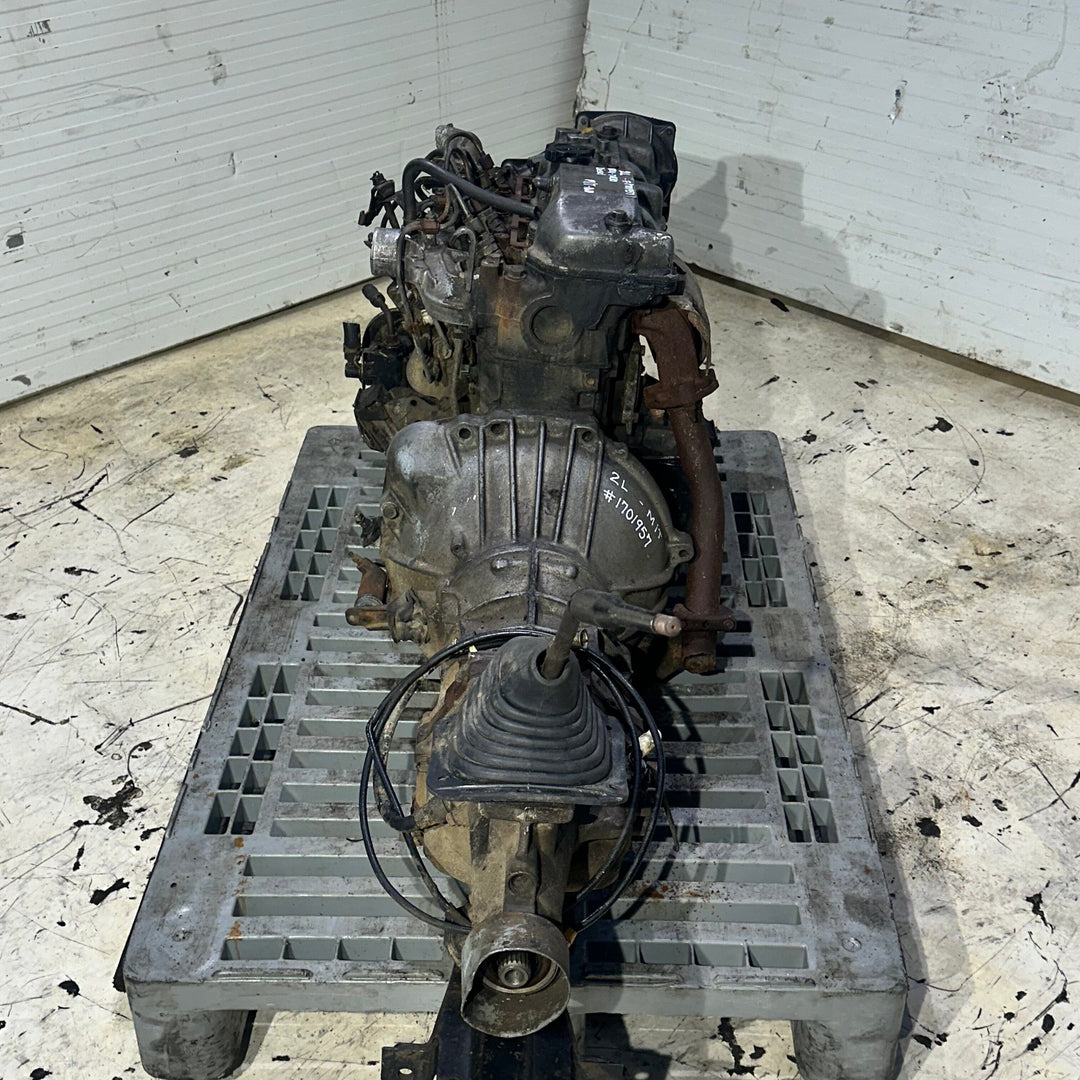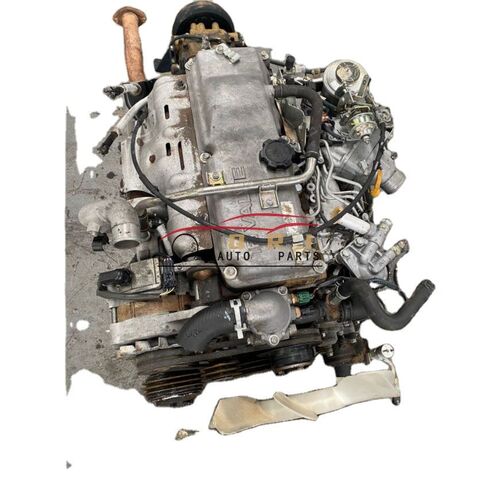Explore Quality and Value: Your Overview to Getting a Pre-owned Engine
When considering the acquisition of a used engine, recognizing the complex balance in between quality and worth is paramount. A detailed assessment of engine history, reliability, and condition is vital to guarantee a sound financial investment.
Recognizing Engine Kind
When thinking about the acquisition of a pre-owned engine, understanding of the various engine kinds is vital for making a notified choice. Engines can generally be classified into two major kinds: inner combustion engines and electrical engines.
On the other hand, electrical engines use electrical power kept in batteries to power the car, using a cleaner alternative with less moving components and minimized upkeep demands. Within these groups, there are even more differences, such as four-stroke versus two-stroke inner combustion engines, and various electric motor arrangements.
Comprehending these differences is essential, as they impact performance, compatibility with existing car systems, and long-lasting operational expenses. By acquainting oneself with the various types of engines readily available, prospective customers can much better analyze their requirements and choose that align with their car's requirements and their individual choices.

Reviewing Engine Condition
An extensive examination of engine condition is critical for anyone considering the acquisition of a pre-owned engine. Start with a visual examination; look for indications of oil leakages, deterioration, or any physical damages to the engine block. A clean engine is frequently a measure of great maintenance methods, while too much crud may suggest forget.
Next, evaluate the engine's components, consisting of the timing belt, gaskets, and seals. Seek wear and tear, as these components can be costly to change. In addition, check out the engine installs, as damaged mounts might result in resonances and more mechanical concerns.
A compression test is vital to determine inner engine health and wellness. Uniform compression across all cylinders indicates a properly maintained engine, whereas substantial discrepancies might point to internal damages or wear.
Paying attention to the engine throughout a startup can offer beneficial insights; any uncommon sounds, such as rattling or knocking, might suggest deeper issues. If feasible, demand an examination run to assess performance under load. By thoroughly evaluating these variables, potential purchasers can make enlightened decisions and protect a quality second-hand engine.
Checking Engine Background
Recognizing the engine's background is critical for making a knowledgeable acquisition. Expertise of previous usage, maintenance records, and any past problems can substantially affect the engine's dependability and long life. Beginning by asking for the automobile recognition number (VIN) or engine identification number, which permits you to map the engine's background.
Use readily available sources, such as Carfax or AutoCheck, to acquire a lorry history record. This report will certainly offer vital understandings, including mishap background, service records, and previous ownership details. Toyota RunX RSI. Pay certain focus to any type of indications of extreme damage or duplicated repair work, which might indicate underlying concerns
Inquire concerning upkeep routines performed on the engine. Normal oil adjustments, timing belt substitutes, and various other precautionary procedures mirror accountable possession. In addition, ask if the engine has actually undertaken any kind of adjustments, as non-standard modifications can impact performance and compatibility with your lorry.
Finally, ideally, seek verification from a relied on technician that can evaluate the engine's problem based upon its history (Toyota RunX RSI). This comprehensive examination will help you stay clear of possible risks and ensure that your investment is sound and worthwhile
Warranty and Return Policies
Acquiring a used engine typically comes with varying service warranty and return plans that can considerably influence your decision. When thinking about a made use of engine, it is important to thoroughly evaluate the guarantee alternatives offered by the seller.

Additionally, credible sellers commonly give documentation that lays out the service warranty and return procedure, ensuring openness. Always ask for this info before settling your purchase. A well-defined warranty and return plan can offer comfort and safeguard your investment, making why not find out more it an integral component of the decision-making process when purchasing a second-hand engine.
Locating the very best Bargains
When seeking the most effective bargains on a used engine, it is vital to perform thorough research and contrast i loved this rates from numerous vendors. Start by discovering on-line industries, automotive online forums, and neighborhood salvage lawns to collect an extensive understanding of the market. Making use of rate contrast devices can improve this procedure, highlighting competitive rates across different platforms.

Think about timing your acquisition strategically. Seasonal variations popular can impact prices, with specific times of the year using better deals. Additionally, be open to discussing prices; many vendors may be ready to decrease their asking rate, especially if the engine has actually been provided for a prolonged duration.
Conclusion
In summary, buying a used engine demands a comprehensive analysis of high quality and value. Assessing engine condition through examinations and assessments, confirming its history, and comprehending guarantee and return policies are vital actions.
When taking more into consideration the acquisition of a used engine, understanding of the different engine types is vital for making a notified decision. Engines can generally be categorized into two main types: inner burning engines and electric engines. Gasoline engines are generally lighter and rev higher, making them ideal for performance cars, while diesel engines are renowned for their torque and fuel performance, usually preferred in heavy-duty applications.
A comprehensive evaluation of engine problem is vital for any person taking into consideration the acquisition of a second-hand engine. Start by asking for the automobile recognition number (VIN) or engine serial number, which enables you to map the engine's history.